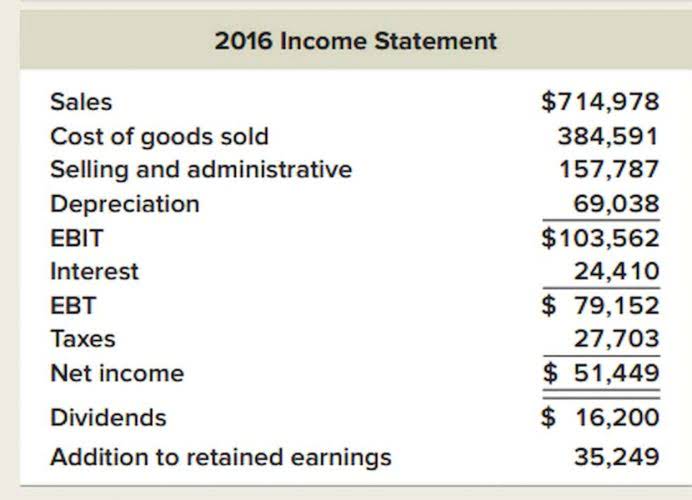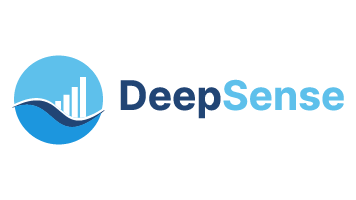
This involves setting expectations and leveraging solutions that drive automation, enhance efficiencies, and improve collaboration among both staff and clients. This enables staff to work more efficiently and provides them with the ability to achieve the work/life balance they desire. “At the start of the pandemic, we saw a lot of firms who were not set up for remote work and were really scrambling. And these firms, many of them were horrified at the idea of their employees working accounting for tech companies remotely. It is also important not to overlook the power of technology to supplement bandwidth concerns.
Products
- These are high-efficiency, low-risk applications, making them an easy entry point for firms looking to dip their toes into AI without disrupting core operations.
- These employees may receive lower salaries than prevailing compensation norms in startups when they can get an equity stake in the company through the eventual vesting of stock options or share grants.
- Today, many private entities are in the midst of implementation and are, ideally, looking to public companies for best practices and lessons learned.
- In a fixed or specified time, a business may need to recognize these costs or amortize the expense to avoid financial risks.
- CPAs can use generative AI to create presentations and craft staff memorandums, and also for more complex work, such as analyzing years of invoices and purchases to make strategic recommendations.
Understanding the implications of these shifts is crucial for every tax professional as we navigate through these transformative times. It is embedded in the creation, enhancement, and delivery of client information. Fueled in part by the impacts of the pandemic, many employees across many industries are rethinking their priorities, which includes how and where they want to work. As a result, a growing number of firms are embracing more flexibility, like remote or hybrid work options to better attract and retain talent.
![]()
Regulatory pressure
- You should consult your own legal, tax or accounting advisors before engaging in any transaction.
- Val Orekhov, chief technology officer and partner at accounting and advisory firm Withum, works with business clients of all sizes to incorporate more generative AI into their processes.
- This involves identifying distinct performance obligations and allocating the transaction price to each obligation.
- Outsource payroll to a very experienced company providing those services, like ADP or Paychex.
- Securities and Exchange Commission (SEC), including filing annual 10-K reports and quarterly 10-Q reports.
- Discover how AP dashboards can transform your business by enhancing efficiency and accuracy in tracking key metrics, as revealed by the latest insight…
Keeping track of money coming Coffee Shop Accounting in and going out is super important for tech companies. It helps avoid unnecessary expenses and keeps the business finances healthy. Revenue recognition for technology companies is primarily governed by ASC 606, which mandates recognizing revenue when control of a good or service is transferred to the customer. This involves identifying distinct performance obligations and allocating the transaction price to each obligation. Subscription-based and multi-element contracts can add complexity to this process.

Accounting standards
Chat GPT is a generative AI tool for accounting and other functionality, including automated GL expense coding and making chatbot inquiries. These employees may receive lower salaries than prevailing compensation norms in startups when they can get an equity stake in the company through the eventual vesting of stock options or share grants.
- Weed out as many time-consuming, manual tasks as possible through greater automation and ensure that systems are tightly integrated to streamline workflows.
- All information prepared on this site is for informational purposes only, and should not be relied on for legal, tax or accounting advice.
- “At the start of the pandemic, we saw a lot of firms who were not set up for remote work and were really scrambling.
- That’s why it is no surprise that the AICPA’s most recent “Top Firm Issues Survey” found that “keeping up with changes and complexity of tax laws” is among the top issues for firms large and small.
- As you delve into these arrangements, we’ve developed a series of Q&As to help you navigate common issues that arise.

Consistent nonfinancial metrics would allow investors to compare one company to another more easily. For example, companies could disclose how many patents they generated in a quarter, the number of Bitcoins they own, or their carbon emissions. Eventually, this could expand to other currently unquantified assets such as human capital, customer satisfaction, and data. Barth also thinks there’s room for qualitative information that gives investors a more transparent window on risk, such as disclosures about the volatility of a particular crypto asset. Corporate accountants traditionally have focused on reporting financial information such as revenue, liabilities, and inventory. With the emergence of complex new issues like digital assets and climate change, Mary E. Barth thinks the time might be right to consider new ways of providing investors with the information they need.

Ramp, a 6-year-old fintech startup, has more than doubled its annualized revenue to $700M
- Accounting teams in the technology industry should understand the accounting consequences for complex revenue arrangements.
- Airbnb told investors regulations including the EU AI Act “may impact our ability to use, procure and commercialize” AI and machine learning tools in the future.
- Your company may have it based on a specified number of sales transactions made in a state you are selling services or products.
- Accounting for software development costs involves research, design, coding, testing, and debugging expenses.
- According to the Financial Accounting Standards Board (FASB) ASC 606, revenue must be recognized when control of goods or services is transferred to customers.
Accounting Today is a leading provider of online business news for the accounting community, offering breaking news, in-depth features, and a host of resources and services. With the new revenue recognition standard effective date approaching, KPMG offers insight on the most significant industry issues. Revenue recognition continues to be top of mind for software and software-as-a-service (SaaS) entities because of the complex nature of their arrangements and evolving business fixed assets models. Delve into the complexities of the evolving tax landscape and political shifts impacting your firm.
